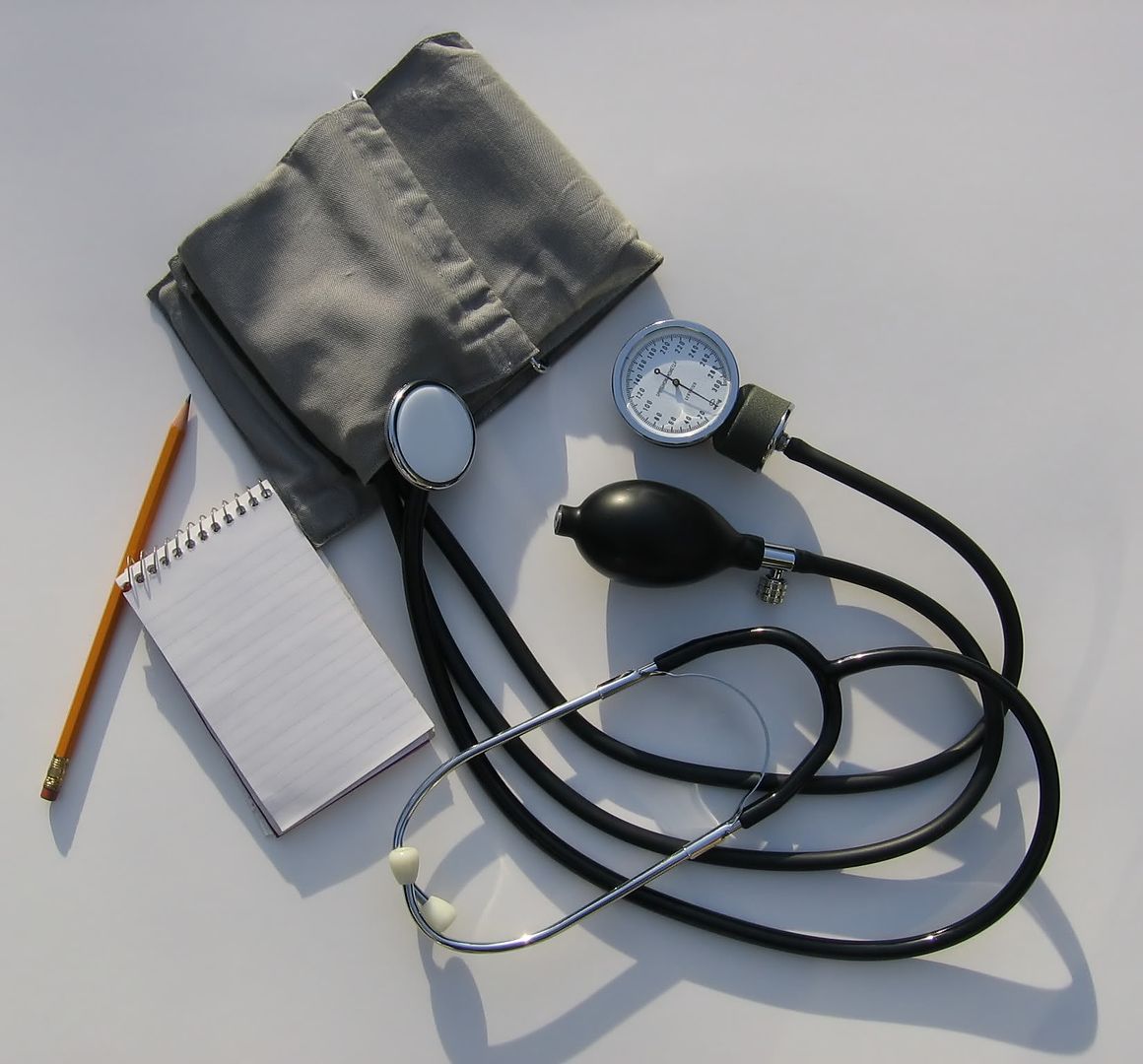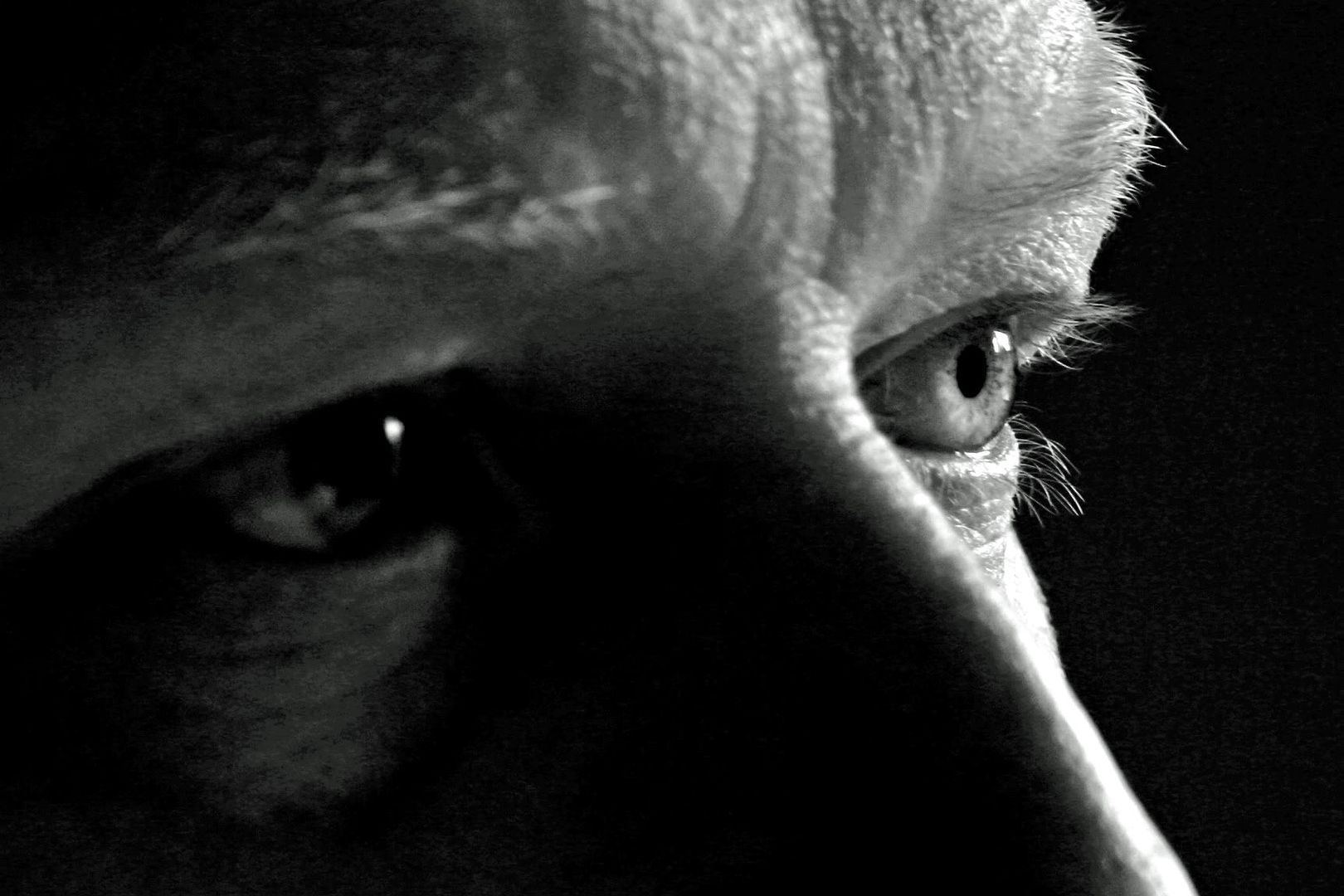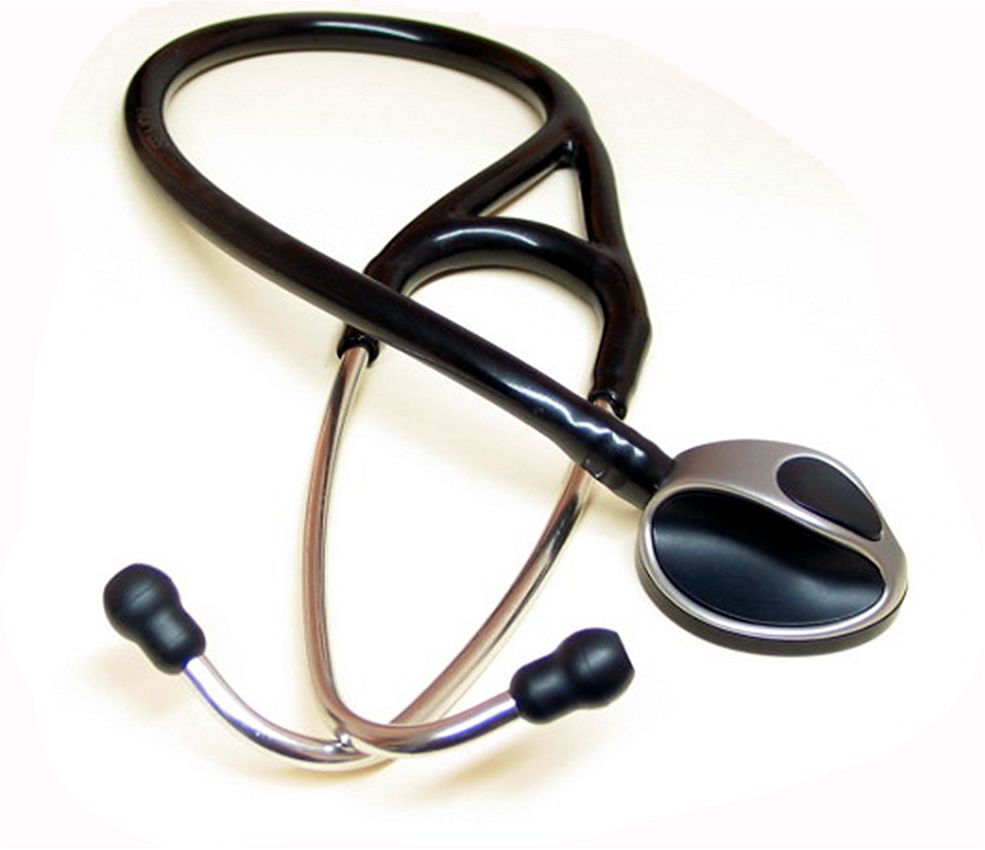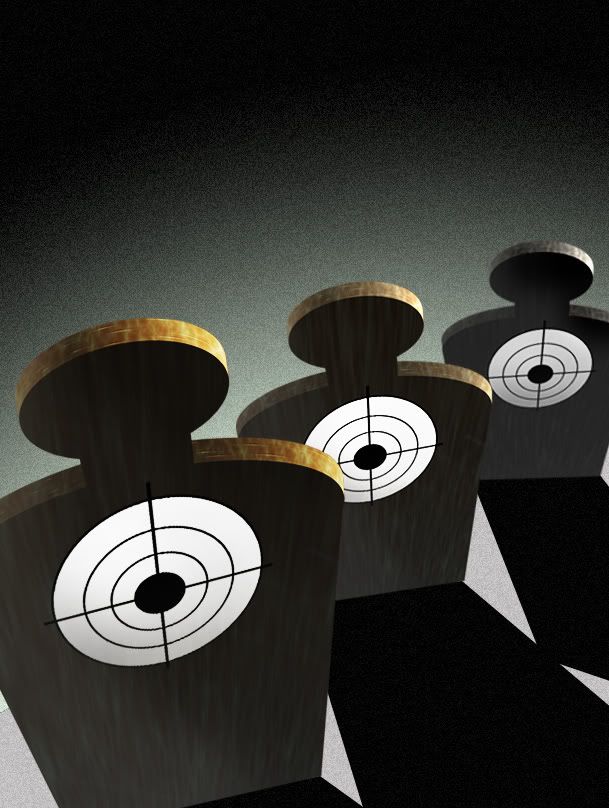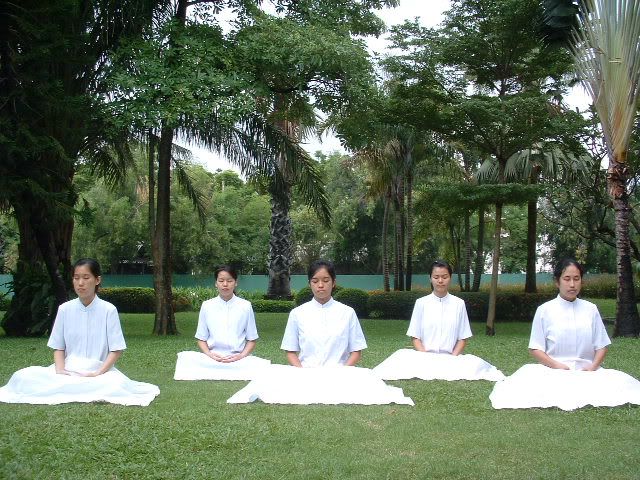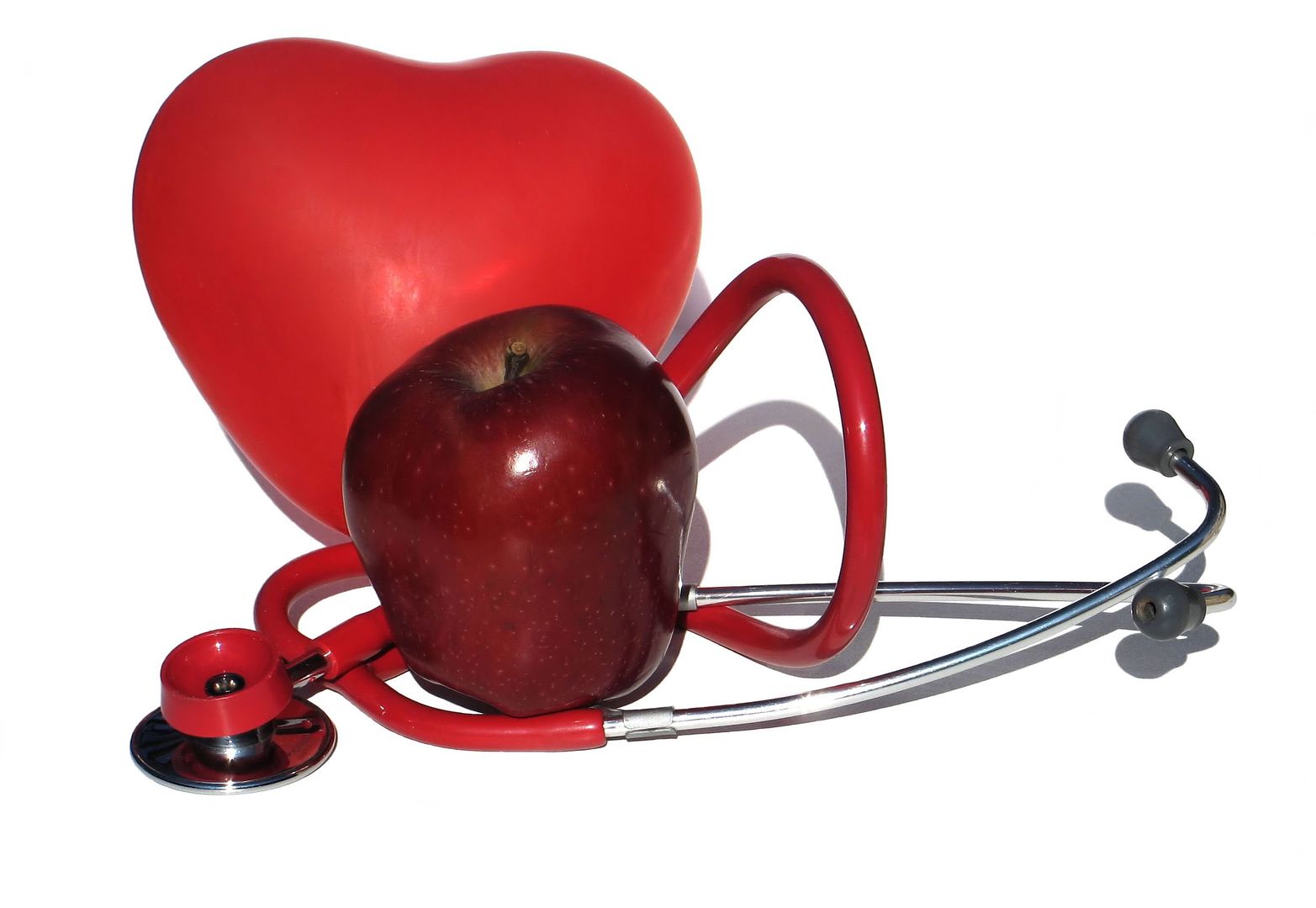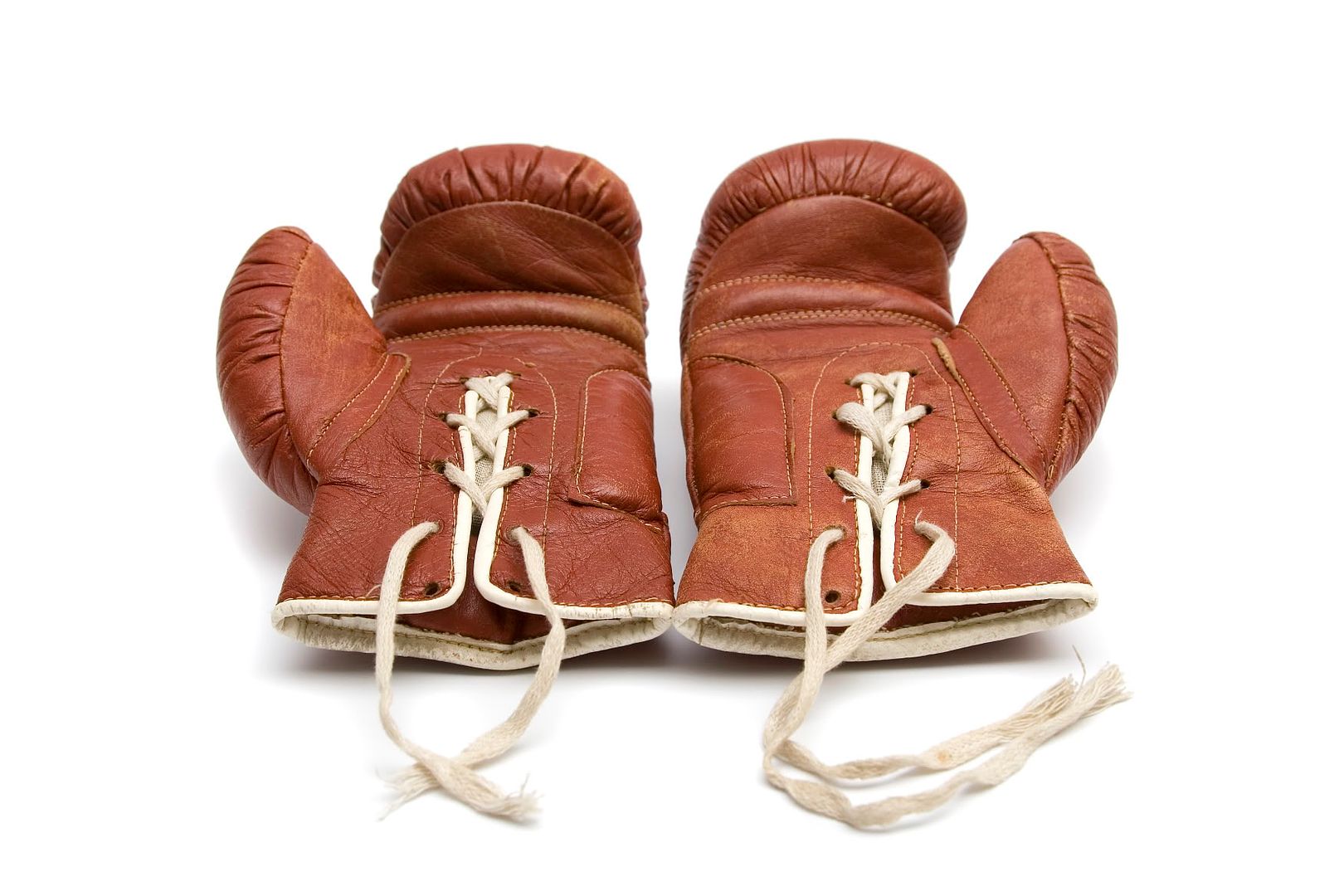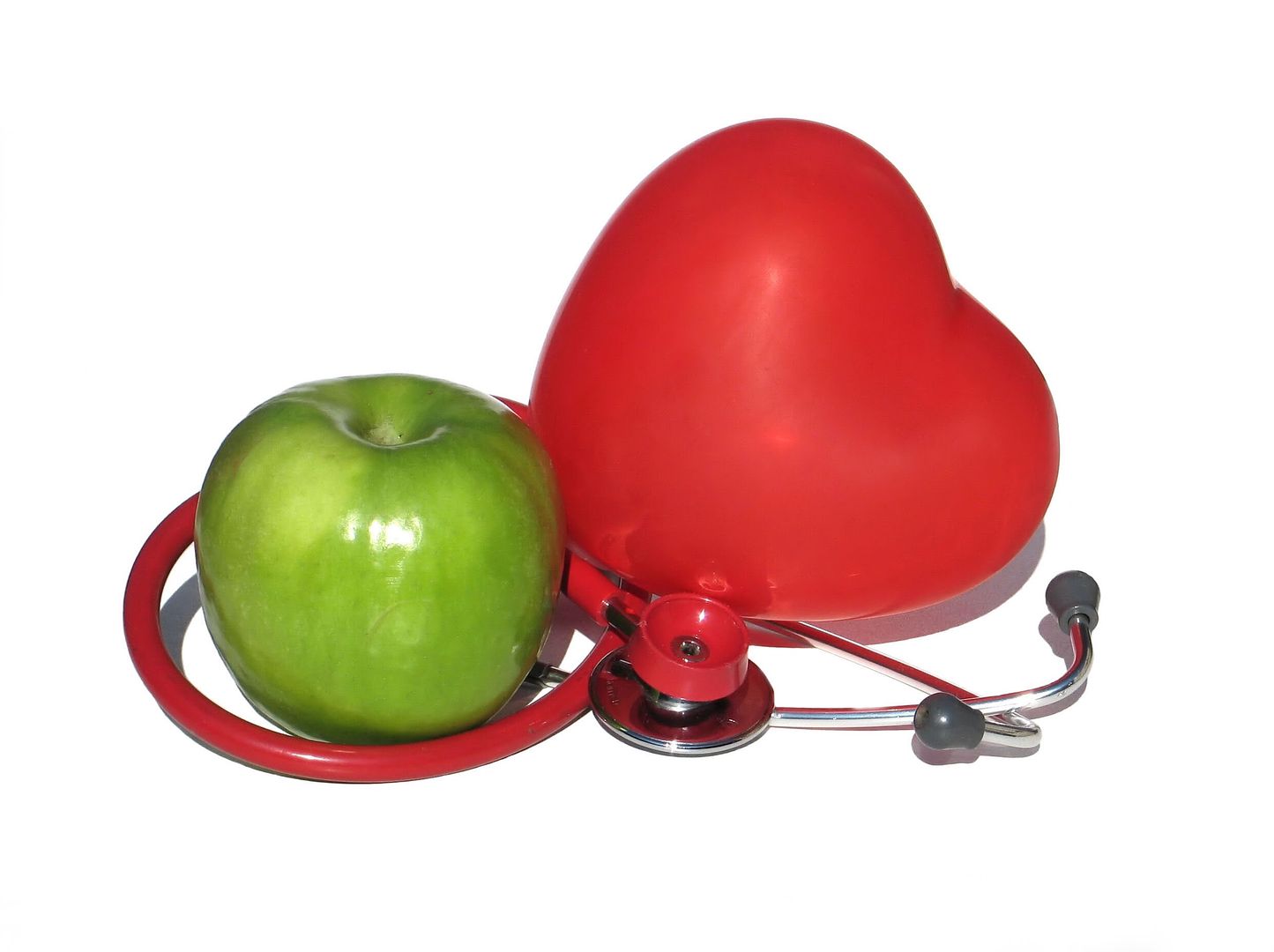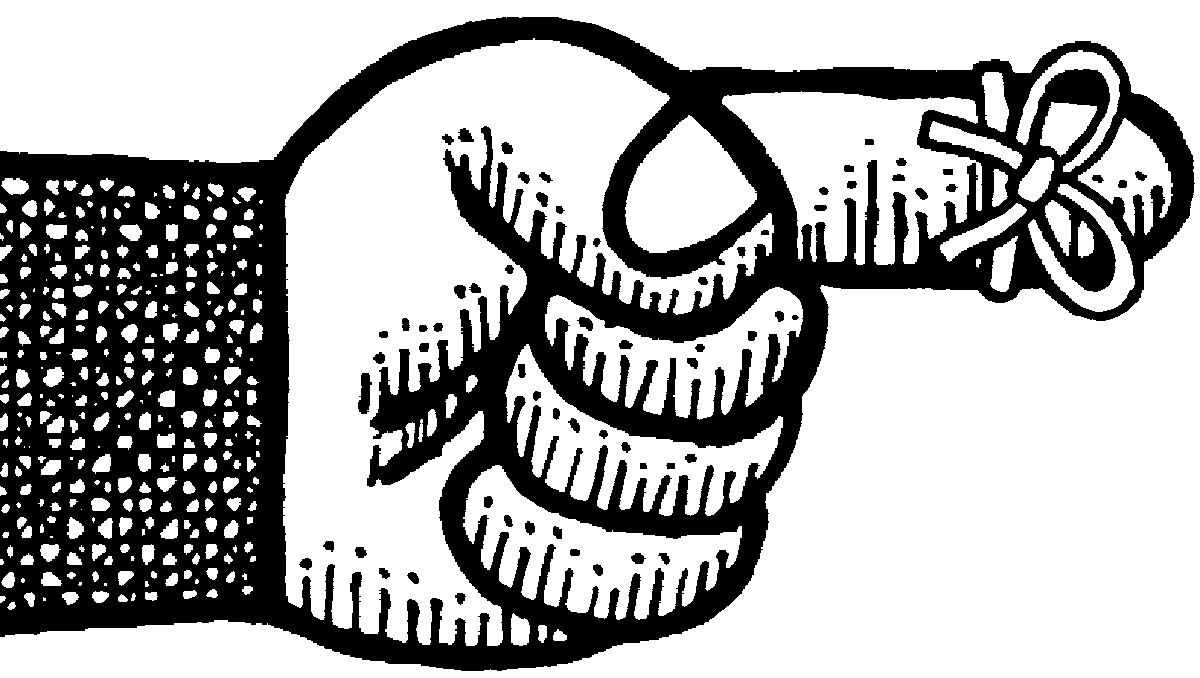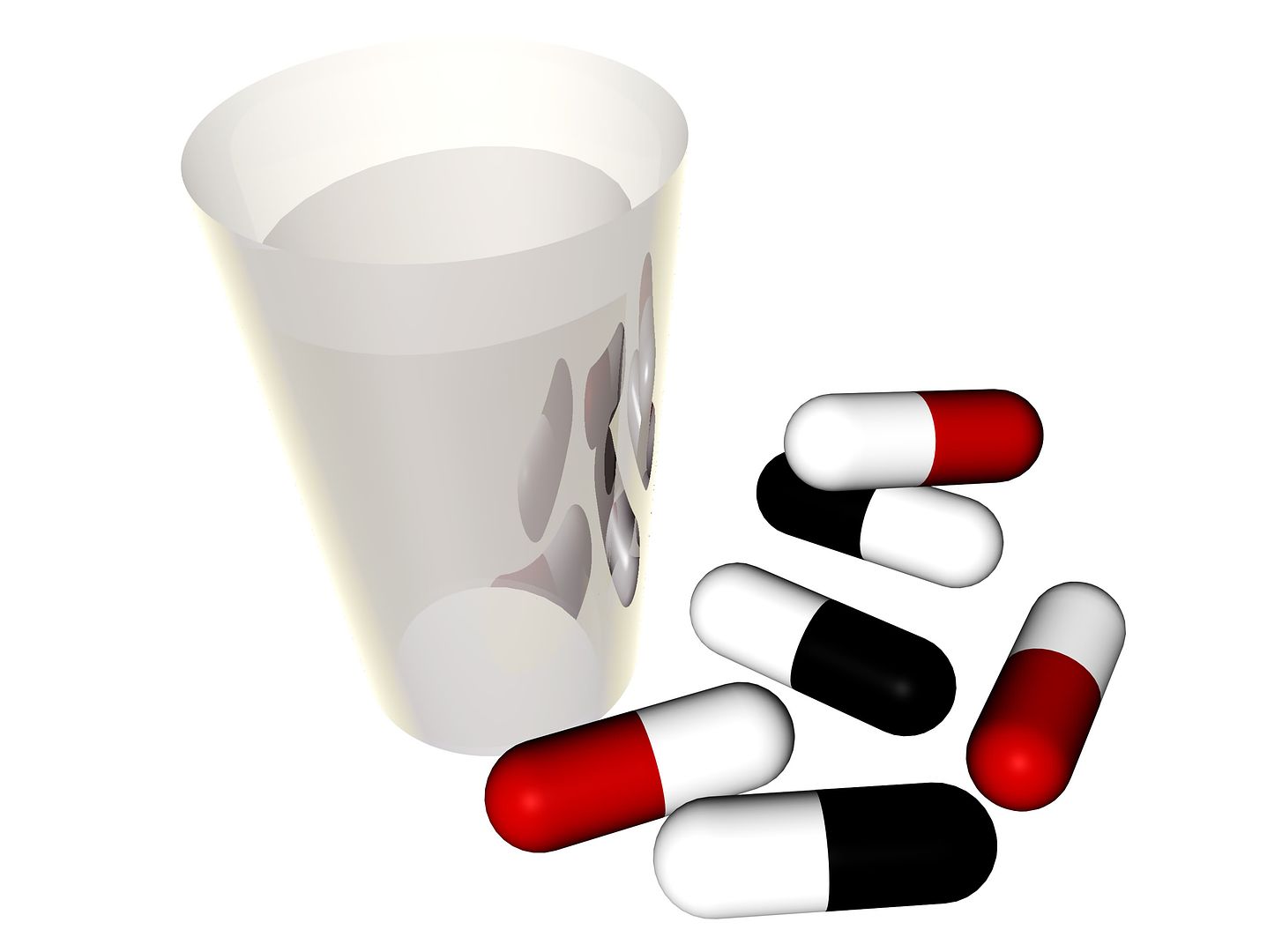
Let’s not sugarcoat things: after you hit the big 4-0, life only gets a lot more complicated. Alzheimer’s, Macular Degeneration and Heart Diseases start sounding like everyday concerns, on top of thinking about the bills, the kids or the PTA meeting.
All three of the diseases mentioned above are going to be your biggest concerns when you are over 40, for the reason that, there is no widely-available cure for any of them. Should there be, then by the time you are reading this, it will still be in the experimental stages, or its price range is going to be out-of-reach for people like us.
Here are a couple of tips to fortify your defenses against those diseases with.
Alzheimer’s – Alzheimer’s is a form of dementia, which is, in essence, permanent damage to the brain. To date, there is still no known cure for this disease and the number of factors for contracting this disease simply hits most of us like a random flash-flood. We’ll never know. The best ways for staving off Alzheimer’s disease is by mental and physical activity. This strikes people who don’t undergo physical or mental challenges on a daily basis. Sociable interaction is also a plus. Foods that carry antioxidants, and vitamins C and E are also linked to lesser known cases of Alzheimer’s.
Heart Disease – There are several forms of heart diseases --- but most of them can be stopped by restraint. Restraint from living a relatively physically inactive life, restraint from cholesterol and restraint in front of alcohol or tobacco is all that is needed to lower the risks of getting heart disease. Love your heart and it will love you back.
Macular Degeneration – Unfortunately, there are still not enough studies to completely fight off macular degeneration. However, in the few guaranteed controlled observations concerning macular degeneration, a smoke-free and a fruits-and-vegetable-rich lifestyle has been shown to be less likely to develop the severe effects of macular degeneration.
It’s especially frightening to know that there are diseases that we are completely vulnerable to after 40, but the knowledge of lessening risks is key to living a disease-free life that doesn’t need cures --- for there will be no sickness.





